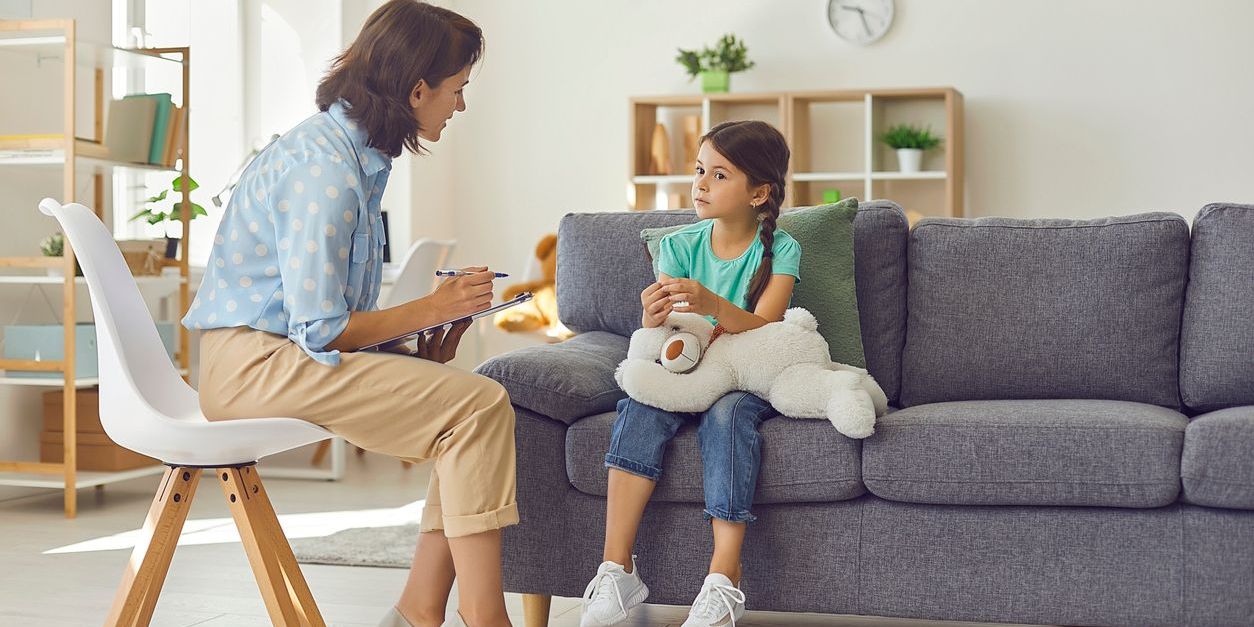
Why It’s Important to Find a Children’s Therapist
Children and young people experience the world very differently from adults. Their thoughts, emotions, and behaviours are shaped by their stage of development, home life, school environment, and friendships. Because of this, the type of support they need when facing worries, anxieties, or emotional difficulties can be quite different from the support an adult might receive.
A therapist who specialises in children’s mental wellbeing has the training and experience to:
- Understand how children think, feel, and communicate at different ages.
- Use child-friendly approaches, such as play therapy, art, or storytelling, to help them express emotions.
- Spot the signs of underlying issues such as anxiety, low self-esteem, or school-related stress that may not be obvious to adults.
- Work closely with parents, carers, and sometimes schools, to provide joined-up support.
While a regular therapist may be excellent at working with adults, they may not have the specialist skills or techniques that children need to feel safe, understood, and able to open up. Choosing a children’s therapist ensures your child gets the most appropriate and effective help for their age and needs.
How to Find a Children’s Therapist in Your Area
Finding the right therapist can feel overwhelming, but there are clear steps you can take to make the process easier:
- Start with professional registers – Organisations such as the British Association for Counselling and Psychotherapy (BACP), the UK Council for Psychotherapy (UKCP), or the British Psychological Society (BPS) allow you to search for therapists who specialise in children and young people.
- Ask your GP or school – Many GPs and schools have referral networks or can recommend trusted local therapists.
- Check qualifications and experience – Look for therapists who specifically mention children, young people, or family therapy in their training and practice.
- Consider the approach – Some children respond well to creative therapies (like art or play therapy), while others may prefer talking therapy or cognitive behavioural therapy (CBT).
- Arrange an initial meeting – This allows your child to meet the therapist in a safe, informal way. A good match will make your child feel comfortable and understood.
Supporting Your Child on Their Journey
Finding a children’s therapist is an important step in giving your child the support they deserve. With the right specialist, your child will have a safe space to share their worries, develop coping strategies, and build resilience.
Every child is unique, so finding a therapist who understands and connects with them is key to helping them grow in confidence and wellbeing.
